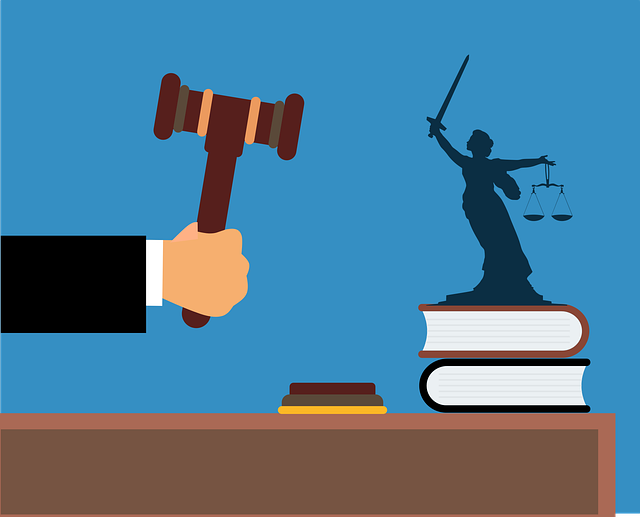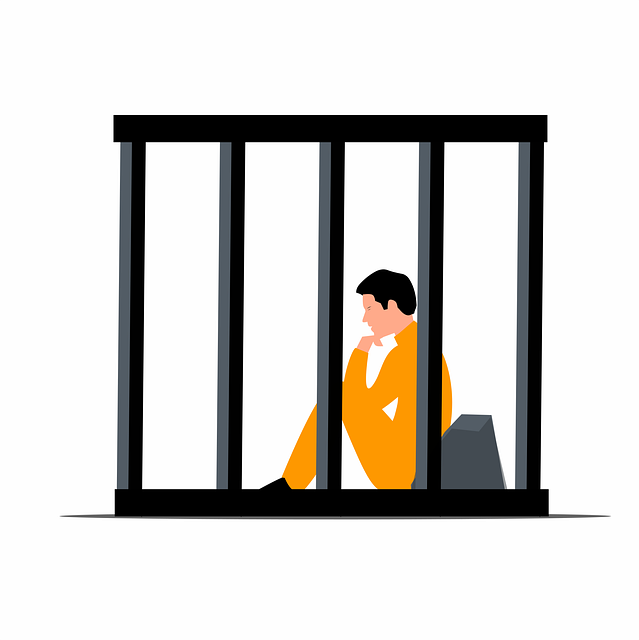Tech solutions for impaired driving, leveraging AI, computer vision, and advanced sensors, are revolutionizing road safety by enhancing enforcement capabilities and public awareness. Innovations like breathalyzer integration, autonomous vehicle systems, and mobile apps aim to deter intoxication and distracted driving, reducing accidents significantly. However, these developments also raise ethical concerns regarding privacy, data security, and accountability. To future-proof law enforcement, strategies should focus on assessing current systems, integrating improved technology (e.g., facial recognition, digital record-keeping), and adapting legal frameworks to accommodate advanced driver-assistance systems (ADAS) and autonomous vehicles while ensuring public trust and safety.
In an era where technology is reshaping every aspect of our lives, addressing impaired driving has entered a new phase. This article explores Tech Solutions for Impaired Driving, delving into the current landscape, innovative tech innovations, and ethical considerations. We provide a practical guide to implementation, highlight successful case studies, and predict future legal adaptations as technology continues to evolve. By understanding these dynamics, we can future-proof our approach to road safety.
- Understanding Impaired Driving: The Current Landscape
- Tech Innovations in Impaired Driving Prevention
- Challenges and Ethical Considerations
- Implementing Tech Solutions: A Step-by-Step Guide
- Case Studies: Successful Integrations of Technology
- Future Trends and Predicting Legal Adaptations
Understanding Impaired Driving: The Current Landscape

The issue of impaired driving is a significant concern in modern society, with tech solutions for impaired driving becoming increasingly crucial to combat this problem. The current landscape reveals a complex web of challenges and potential strategies. Currently, impaired driving involves operating a vehicle under the influence of alcohol or drugs, posing severe risks to road safety. Traditional methods of enforcement include sobriety checkpoints and breathalyzer tests, but these approaches have limitations in terms of reach and effectiveness.
Emerging tech solutions for impaired driving offer promising avenues for improvement. These innovations leverage advanced technologies such as artificial intelligence and computer vision to detect impairment more accurately and efficiently. For instance, AI-powered apps can analyze user behavior and physiological indicators to assess intoxication levels, while camera systems equipped with machine learning algorithms can identify drivers exhibiting signs of impairment on the road. These tech solutions not only enhance enforcement capabilities but also raise public awareness about the dangers of impaired driving, potentially deterring individuals from engaging in such risky behavior.
Tech Innovations in Impaired Driving Prevention

The future of transportation is closely tied to technology, and innovations in impaired driving prevention are at the forefront of this evolution. Tech solutions for impaired driving leverage advanced sensors, artificial intelligence, and data analytics to detect and prevent drunk or distracted driving, enhancing road safety significantly. These technologies include sophisticated breath analyzers integrated into vehicles, which can alert drivers and passengers when blood alcohol levels exceed legal limits, discouraging impaired driving.
Furthermore, autonomous vehicle systems are being developed with safety as a primary concern. These self-driving cars use LiDAR, radar, and camera sensors to perceive their surroundings, enabling them to make split-second decisions to avoid accidents caused by impairment. By combining these tech solutions for impaired driving prevention, the automotive industry aims to create safer roads and reduce the devastating consequences of drinking and driving.
Challenges and Ethical Considerations

The integration of technology in mitigating impaired driving presents several ethical dilemmas and challenges. As tech solutions for impaired driving, such as advanced driver-assistance systems (ADAS) and autonomous vehicles, become more prevalent, ensuring user privacy and data security is paramount. These technologies rely on vast amounts of data, including real-time vehicle diagnostics, sensor information, and potentially sensitive personal details, raising concerns about who has access to this data and how it’s used.
Additionally, there are ethical questions around accountability and decision-making processes. For instance, in the event of an accident involving an autonomous vehicle, determining liability—whether it lies with the driver, manufacturer, or regulatory body—is complex. As these technologies continue to evolve, addressing these challenges through robust legal frameworks and transparent practices is crucial to ensure public trust and safety.
Implementing Tech Solutions: A Step-by-Step Guide

Implementing Tech Solutions is a strategic process that can future-proof law enforcement, particularly in addressing Tech Solutions for Impaired Driving. Here’s a step-by-step guide to navigate this transformation:
1. Assess Current Systems: Begin by evaluating existing tools and procedures. Identify gaps and areas where technology can enhance capabilities, such as data collection, evidence management, and offender tracking. Understand the specific needs of your law enforcement agency regarding impaired driving cases.
2. Research and Select Technologies: Explore cutting-edge solutions like advanced sensor systems for breathalyzer testing, facial recognition software for driver identification, and digital record-keeping platforms. Consider options that integrate seamlessly with current systems and offer scalability to adapt to future advancements. Focus on tools that improve accuracy, efficiency, and safety in impair driving enforcement.
Case Studies: Successful Integrations of Technology

Successful case studies highlight the transformative power of technology in mitigating impaired driving, showcasing concrete examples where innovative solutions have made significant impacts. One notable instance involves the deployment of advanced driver-assistance systems (ADAS) in vehicles. These systems utilize a blend of sensors, cameras, and AI to detect signs of impairment, such as veering lanes or prolonged braking delays. By providing real-time alerts to drivers or even activating safety features autonomously, ADAS acts as a tech solution for impaired driving, potentially averting accidents and saving lives.
Another inspiring example is the integration of mobile applications that promote responsible drinking habits. These apps leverage location services and user input to track alcohol consumption, offering reminders about safe driving limits and providing alternative transportation options through ride-sharing services. By empowering individuals to make informed decisions, these tech solutions for impaired driving foster a culture of safety and accountability, demonstrating how technology can play a pivotal role in preventing accidents caused by intoxication.
Future Trends and Predicting Legal Adaptations

As technology continues to advance at an unprecedented pace, predicting future trends and their impact on the legal landscape is essential. In particular, the rise of autonomous vehicles and connected cars presents a unique set of challenges and opportunities for the legal sector. With the development of advanced driver-assistance systems (ADAS) and self-driving capabilities, the concept of impaired driving may need to be redefined. Tech solutions for impaired driving could involve innovative methods of monitoring driver behavior, using in-vehicle sensors, and artificial intelligence to detect signs of intoxication or distraction.
Predicting legal adaptations to these tech advancements is crucial. Legislators and legal professionals must stay agile, adapting existing laws and creating new regulations to address the unique issues arising from autonomous vehicles. This may include updating impaired driving laws to consider the role of technology in preventing and detecting such offenses, ensuring fair trials, and protecting consumer privacy. Keeping pace with future trends will be vital to maintaining a relevant and effective legal framework in an era shaped by rapid technological change.
Tech solutions for impaired driving are revolutionizing safety measures, offering promising strategies to combat this pervasive issue. By leveraging innovative technologies, we can create a future where impaired driving is significantly reduced or even eliminated. While challenges and ethical considerations must be addressed, the benefits of these tech advancements are undeniable. Implementing comprehensive solutions, as outlined in this article, will help shape a safer legal landscape, ensuring that technology serves as a powerful ally in the ongoing battle against drunk and distracted driving.






